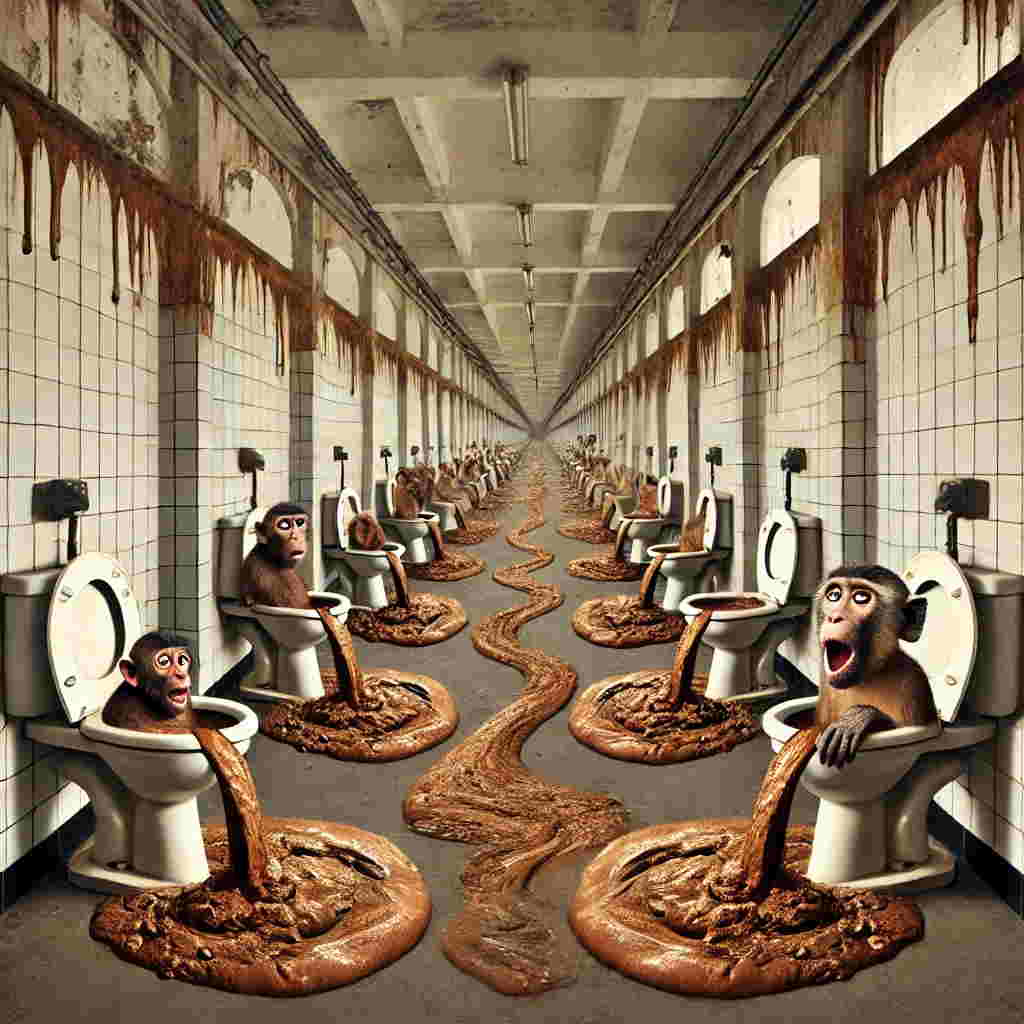Life is Immoral
Here is the problem: people who are strongly in favor of “saving civilization” or a nation—or even a cluster of nations—from a “birth rate collapse” are forced, at some point, to admit they are supporting an immoral position. Since reproductive biology is the domain of the feminine, all wars and attempts to shape societies under unity of purpose and meaning must either be enforced through collective rulership upon women, or agreed to by women willingly.
If women, by and large, withdraw their participation in reproduction, that is the kill shot for any system in motion. And so, when someone asks: “Well, what do you want to do—enforce reproduction and women’s subservience to it through propaganda or force?” the honest answer, if one truly wants to save a system, is “yes.” There is no way around admitting that you’ve been backed into what is widely regarded as an immoral position.
This is the paradox of systems and life itself: life insists on perpetuating itself, but in doing so, it often reveals itself to be immoral by the standards we claim to hold. On one hand, you can say it is immoral for women to refuse reproduction and thereby let civilizations collapse. On the other hand, you can say it is immoral for men to pressure women into saving those civilizations. There is no clean escape. The will of life insists upon itself, and that insistence forces immoral tradeoffs.
To see this paradox clearly is devastating, because it suggests that collisions, wars, revolutions, and control struggles are not accidents—they are inevitable. I accept that the will of life’s aims, examined deeply, are always to be found immoral in one way or another. Life demands itself, and that cannot be denied.
This is precisely what many religions have long referred to as “the Curse upon humanity.” In one form or another: sinful nature, samsara, the karmic loop, the endless cycle of suffering and rebirth. Every system built to manage this reality creates tradeoffs that cannot be morally justified at all levels. Someone always gets the short end of the stick. Who gets to say who should receive this short end? In reality, whoever receives the short end of it is determined by how the affairs play out.
That is why concepts such as the caste system were mythologized—to enforce an acceptance of this permanent state of affairs. That is why the doctrine of sinful nature was preached—to explain the unresolvable conflict at the root of life. And yet, when systems break down, nature reasserts itself, the cycle of death and renewal repeats, and the struggle begins again.
Whether rebirth is truly eternal is uncertain. But for those who believe it is, the loop is inescapable.
I realized a while ago that concocting a position or argument that is free from some moral flaw, is not possible. Every position that can be taken, fails somewhere in a perceived moral consistency. This is why I feel better not having hope in any of the available positions. I simply understand that this life, is paradoxical and rips us apart in many directions at once, while it offers no answer that can account for this unfortunate state of reality in life. I just admit it; I am a subject of the will of life, and the will of life cannot be satisfied universally without moral compromise. It is by default, guilty according to moral inquisition. At the very least, the only guilt we might be able to excuse ourselves from, is the guilt of hypocrisy by ceasing to pretend that we can craft a solution that is free from paradox.
Debate in society often ends when both sides are backed into a corner, and the will of life can no longer disguise its moral compromise. Each side points out the other’s failure, stripping away the illusion of innocence. They checkmate one another, exposing the guilt inherent on all fronts. At that point, the will of life seethes under pressure until it finally explodes. Life itself is immoral, forced anal from birth, and mandatory fellatio upon the penises that emerge from the holes in the wall of the long hallway that is life itself.
HOME
